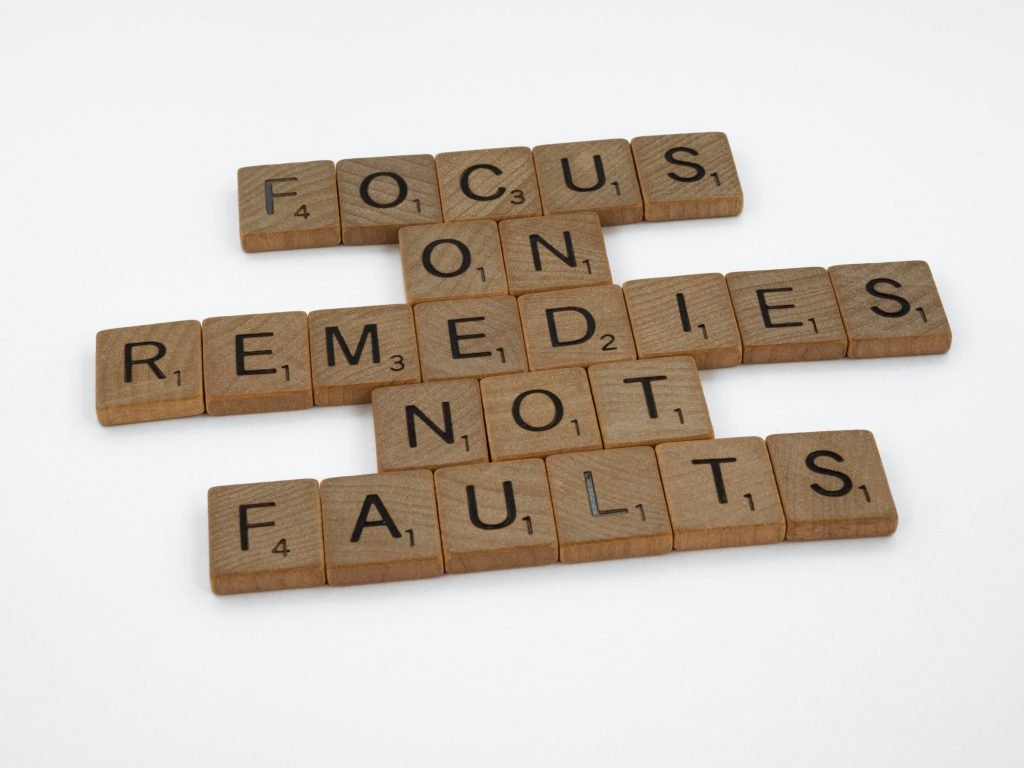Introduction
There is a phrase that quickly became a cultural phenomenon, appearing on a wide range of merchandise, from t-shirts and mugs to posters and memes in recent years. It symbolises the British spirit of stoicism, determination, and the ability to persevere in the face of adversity. Yes, you’ve heard it before.
“Keep Calm and Carry On”. Back in the 1930s, as the threat of German invasion loomed over Britain, the British government embarked on a campaign to boost morale and prepare the nation for potential hardships. It was intended for use only in the event of a German invasion, to be plastered on walls and buildings to provide a sense of calm and purpose amidst the chaos.
I think this deserves another moment of popularity because we are in a difficult and hectic time as it is in primary care. Our workforce seems demoralised. Our systems are overloaded. Life is getting tougher, and on top of that, at an individual level, chaos is easy to ensure.
When unexpected challenges like a sprained ankle during a weekend hike, a sick family member, or a sudden car breakdown come our way, we start to see just how fragile our mental support network can be. In such moments, it’s essential to consider the mental safeguards that can help prevent a downward spiral into despair. How can you “Keep Calm and Carry On”.
How mindfulness opens up your life
One powerful tool that can help you navigate these challenges is mindfulness.
You are probably going to think “What exactly is mindfulness, and how can it open up my life?” Let’s break it down in simple terms.
Mindfulness is about being fully present in the moment. It’s the practice of paying attention to your thoughts, feelings, and surroundings without judgment. Instead of dwelling on the past or worrying about the future, mindfulness encourages you to focus on what’s happening right now. In this article, we will explore aspects of mindfulness that you can play out in your personal and professional life to boost your well-being.
The Vicissitudes of life
Imagine you had a car breakdown in the middle of the road to work. You woke up on a fateful morning driving a few miles to work when suddenly you hear the rumbling sound of a flat tyre. You slowly bring the car to a halt. You are in the middle of narrow lane with no hard shoulders or emergency refuge areas to get yourself out of harms way from upcoming vehicles. If you travel in Devon this would be very familiar. How do you order the many things you’ve considered as actions that need to be done.
Your heart rate peaks a bit, then you feel your palm sweaty and the worrying sigh of despair. How do you orient yourself?

Do you call work first to tell them you’re going to be late?
You switch on your hazard lights. You dread driving any further to avoid damaging your car tyre rim. You’re in an unfamiliar road with touchy phone network. Which car repair service can you call to help you out of the situation?
Could divine providence send you a good samaritan? He sees your precarious situation and says “I’m worried about you and the possibility that an oncoming vehicle who is not attentive could rear-end you because of where your car is stranded. Could I help you in any way?” Think about your mental disposition at this point. How would you respond?
Did you find a safe place for your vehicle? How did you ask for help? When you get to work how do you engage with the day? Did the rest of the day finish well? Did your patients get your undivided attention or were you still dysregulated? As someone who practices mindfulness, you can handle unexpected situations in various ways. This includes how you introduce yourself, how you ask for help, how you phrase your questions, and how you think about your situation and carry out your plans to reconnect your physical and psychological network. Mindfulness hinges your consciousness to the moment and deals with each minute as if it were the only time there. When you ask a question wait for the answer. When you try something wait for a reaction. The reaction could be a gut feeling to change course or a manifestation of a desired outcome. Mindfulness keeps you alert to propagate your survival. Reflection at the end of the day can help you embrace the good moments of the day to carry forward and the faults you wouldn’t want to take any further. Reflection is akin to treating yourself with kindness and understanding, especially during challenging times. Read more about other ways to generally strengthen your mental health here.
Mindfulness in the workplace
In the workplace, mindfulness will help you engage empathetically while listening actively. It also makes you aware of your team vibes and helps you to be adequately responsive to the needs of the day. And when the day is over, mindfulness helps you transition to a new moment. You can face homeward and leave work behind. It would help you develop a balanced view of life. You’ll be learning of opportunities in your day while being aware of what’s outside of your control.
As mindful primary care practitioner, you are an invaluable resource for your team.
You are calm during the fluctuations of work demands, empathetic and practice active listening. You take responsibility for your actions and set adequate boundaries to mitigate stress for yourself and others.
In challenging situations, you can have nonreactive responses where you acknowledge the problem without being defensive. For example: “I appreciate your feedback; can you help me understand more about your concerns?” You can show you are empathetic without jumping in to solve the problem. Like the good samaritan said earlier.
When you say “I’m interested in hearing more about what led you to that conclusion.” You are responding with curiosity and openness rather than judgment. When encountering differing opinions, you respond with acceptance rather than trying to convince the other person. If it seems there is a different view on a matter, then that’s alright.
When you make a mistake you offer a sincere apology. “I’m sorry for the oversight; I’ll work to rectify it.” You can express gratitude and appreciation even in difficult conversations. For example, when there is near miss incident at work, you could end your reply with “Thank you for bringing this to my attention; it’s important for me to address it.” If its something you need collaboration with others don’t hesitate to switch “me” to “we/us”. “Thank you for bringing this to our attention; it’s important for us to address it.”
Practicing mindfulness can greatly enhance your joy in work, your preparedness for life and improve your work-life balance.
If you’re interested in how to be a mindfulness practitioner stay tuned on this blog. Till next time ” Keep calm and carry on”.



